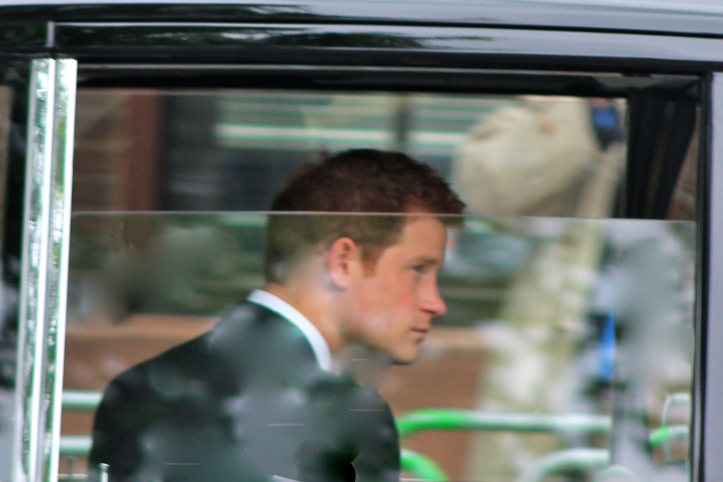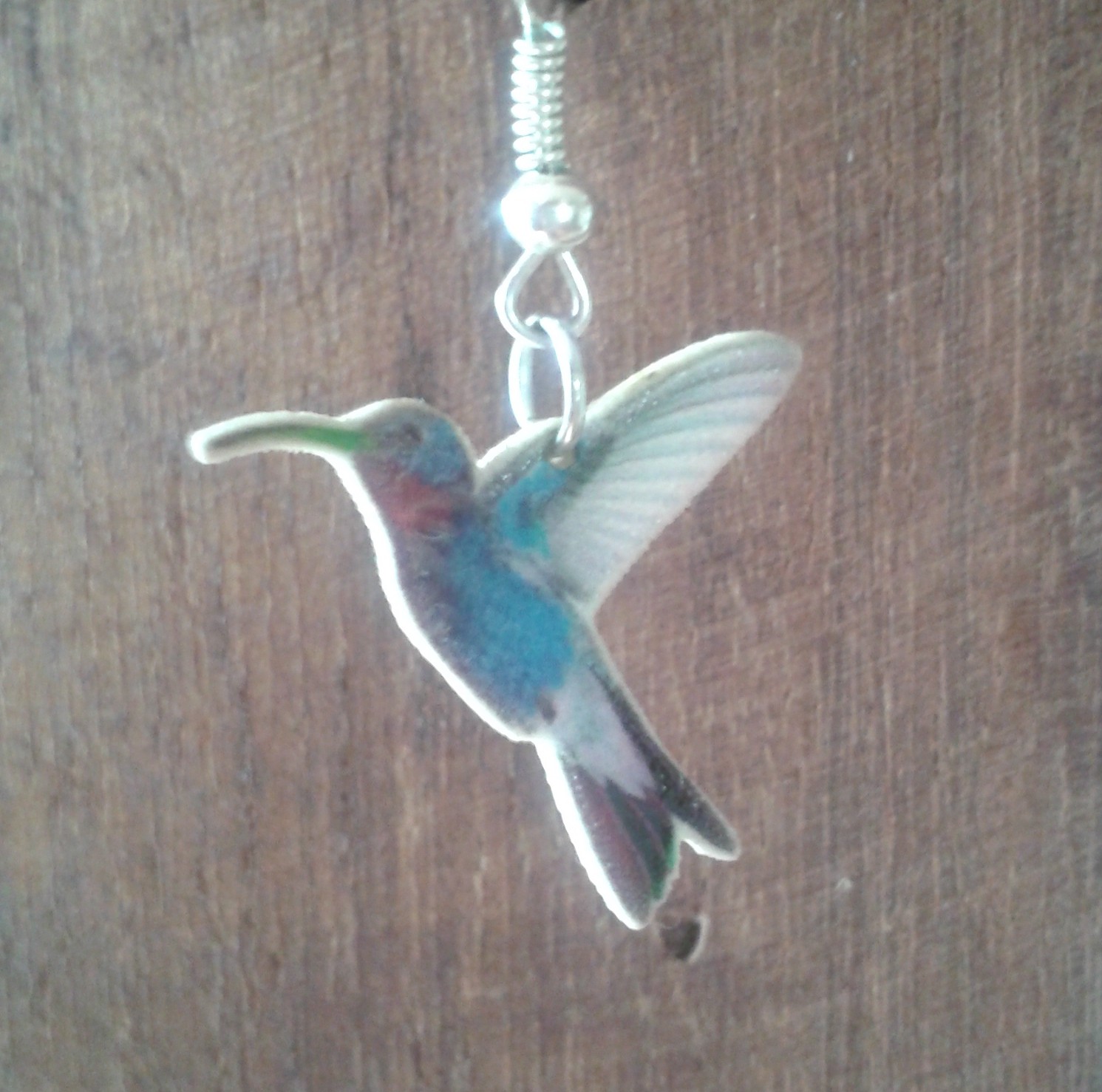
Dear Prince Harry,
So, this time tomorrow you’ll be here in Guyana. The final stop on your tour of “Her Majesty’s Realms where The Queen is Sovereign, in addition to Guyana”. Please note the ‘in addition to’. Granny’s shiny crown may as well be made of tin foil here for all the power it has.
As you lay your wreath at the Independence Monument (item two on your agenda, keep up), do remember that becoming a sovereign nation was a moment of celebration for Guyanese people. People lay wreaths at funerals. Couldn’t you swap it for something more Christmassy? Like a big sack of sugar – a reminder of all the sweet stuff Britain carted off during slavery times.
Or, even better, a big sack of money as reparations for the descendants of the Guyanese forced to work for England under slavery and then indentureship. You know, the kind of compensation that British slave owners were given after abolition (they’re all in the University College London’s handy database. Go on, do a search, see if you recognise anyone).
This isn’t a personal attack. Except it is. You’re here as a representative of the Queen, who personally served as the unelected sovereign leader of this country, and so you’re the one this letter is addressed to. Sorry. I know you’re just doing your job (btw, well done on getting through the interview process).
Fun fact: Did you know that as well as being Guyana’s Golden Jubilee, 2016 also marks 220 years since Britain took control of the three Dutch colonies (Essequibo, Berbice and Demerara) it went on to rename ‘British Guiana’. That’s 170 years of squatting in someone else’s land. Followed by just 50 years of independence. Maybe if we had £20million in compensation (£20billion in today’s money), like those slave owners, things would be a bit further on here and we too might have a £55bn budget deficit, a divisive referendum result and cream tea.
And while you may find it quaint that remnants of colonialism persist. Perspiring workers stuffed into suits to meet dress codes described even by the president as “archaic”. Familiar-sounding towns named after former plantations, like Windsor Forest, Anna Regina and Blenheim. And of course English, the official language (ignoring the nine different indigenous languages and Guyanese Creolese). Remember, there’s a reason the bootprint is still visible – it wasn’t a step, it was a stamp.
While the British High Commission may lay out some Union Jack bunting for you, not everyone will welcome your visit with such pomp and circumstance. My dad, like many of his generation, was born into a country called British Guiana. As a British subject, he was able to travel to the UK as a twenty-something and build a life there. I’ve now come to Guyana and feel home enough to (very tentatively) say “we” not “they”.
I guess, as a British subject myself, I should be one of the ones waving a flag when your plane touches down tomorrow. But I’m not proud of what the Royal Family represents here. Or anywhere. Superiority. Privilege. Exploitation. It’s the textbook case of wealth gap, the model of inequality, the epitomy of birthright.
(Ironically I have a smidgen of respect for you since you called out the press on its treatment of your mixed race girlfriend – or issued a statement doing so through the press office. I’m sure Martin Luther King would’ve done the same if email had been around at that time, you know when he was having quite a few dreams.
That doesn’t quite make up for the Royal Family’s years of racism and imperial bulldozing. Not to mention your reported comment to comedian Stephen K Amos that “you don’t sound like a black chap”. Or calling a member of your platoon your “little Paki friend”. But it’s a step in the right direction, and hopefully a signal of an increased awareness of what it’s like to not grow up in the belly of wealthy, white privilege.)
I’m well aware that I’ve benefited from and been damaged by Britain’s imperialism and wealth too. That I am as abhorrent as you to many people here in Guyana. That I represent colonial privilege and wealth and superiority. I write this blog as if this is my battle, but who am I to do so? I’ve only been here ten months. There are plenty of other Guyanese writers who could do it – and far better. But I’m going to say my two cents anyway. And so should you. Tell people to invest in Guyana. Tell people to visit Guyana. Tell people what Guyana gave to the UK, not the other way around.
And when you get home, tell granny to hand in her notice won’t you?

[…] second time was in response to my open letter to Prince Harry. Two readers criticised me for writing apparently on behalf of Guyana. “Leave the prince […]
LikeLike
[…] second time was following my open letter to Prince Harry. Two readers criticised me for writing apparently on behalf of Guyana. “Leave the prince […]
LikeLike
I find it so odd when people say you are not allowed to speak out because you are “not one of us”.
Yes you are English, but you are also Guyanese. I don’t feel that it is anyones place to tell you how much your heritage is worth or how long you must spend in Guyana before you are allowed to use your voice. We children of Caribbean immigrants in Europe have a foot in two worlds – West Indian at home, British outside of it, but sometimes not enough of either for some right!?
While I agree that you may not be as well placed to comment on today’s Guyanese experience as somebody who was born and raised in Guyana; you still have eyes, ears and a mind and have the right to express yourself respectfully.
Reparation is a topic for everyone, regardless of heritage – whether or not our ancestors suffered or benefited, please do not stop telling us your views and your truth.
LikeLiked by 1 person
Thanks for the backup and encouragement, Miss B! Glad to have heard from both of you. It’s good to be challenged, and have these discussions.
LikeLike
You may have Guyanese parents but you are not Guyanese. It looks like you are also trying to capitalize on the Guyanese quietness
LikeLike
Hi printmeink, thanks for your comment. There is plenty of Guyanese talk about Prince Harry’s visit (some in favour, some against), I was just adding my voice to the chatter. For example there was this protest: http://demerarawaves.com/2016/12/02/britains-prince-harry-arrives-in-guyana-group-calls-for-apology-for-colonialism/ yesterday. Also I didn’t actually call myself Guyanese. I said ‘we’ as I am living here and so am identifying with the people I live with.
LikeLike
No this is not all you did. Go back and read the article. You sounded like a trouble maker acting on behalf of the Guyanese people when you addressed the reparations. This was very offensive as you have no authority to even go back into time not yours.
LikeLike
I apologise for having offended, that wasn’t my intention. I just think reparations should be discussed openly – especially when representatives of government and monarchy from the UK visit and there’s the opportunity to do so. I did kind of raise the point you are making in the piece when I said: “I write this blog as if this is my battle, but who am I to do so? I’ve only been here ten months. There are plenty of other Guyanese writers who could do it – and far better. But I’m going to say my two cents anyway.” I constantly question myself as to whether I should speak as a foreigner living in Guyana, even if I have some Guyanese roots. So I hear what you’re saying. But I don’t know the solution. Should I say nothing? Should I stop writing? Should I only write about England? Should I stop saying ‘we’ when I talk about Guyanese people?
LikeLike
It’s obvious that you have an issue with England and have used Guyana to shout out to Harry which is not nice for Guyanese, especially that Harry is visiting. Guyanese issues should be taken up directly with the Guyanese people. A blog is not the place to discuss reparations much less one who is not Guyanese.
LikeLike
Now write a blog about the Burnham years (rigged years, I must emphasize) and the damages those years inflicted on a fledgling independent country.
LikeLike
A challenge for another day.
LikeLike
Leave the prince alone. What the hell does he have to do with the past?. And what the hell are you doing in Guyana.
LikeLike
Hi Anna Maria, thanks for your comment. I am living in Guyana as I choose to and I have family roots in the country. Are you living here as well? I’m happy to meet and discuss my reasons for being here if so. Regarding Prince Harry, the official press release says he is visiting as the representative of the Queen – the former ruler of British Guiana. Therefore he, like she, has everything to do with the past. We are all a product of what came before us. The fact that Britain seized control of this country and kept hold until 50 years ago is not ancient history. The UK benefited greatly from imperialism in Guyana and other nations, and that should not be forgotten. The legacy of colonialism here is great, from the racial divide exacerbated by the British government of the time, to the natural resources lost, to the sense of pride and autonomy that was denied to Guyana’s people for so long. Because the Queen was the nominal ruler. I hope that explains my reasons for writing the blog.
LikeLike
[…] Source: Dear Prince Harry… […]
LikeLike
I love the way this captures the unease of the colonial (or ex-colonial in this instance) subject when it comes to the Royal Family.
LikeLike